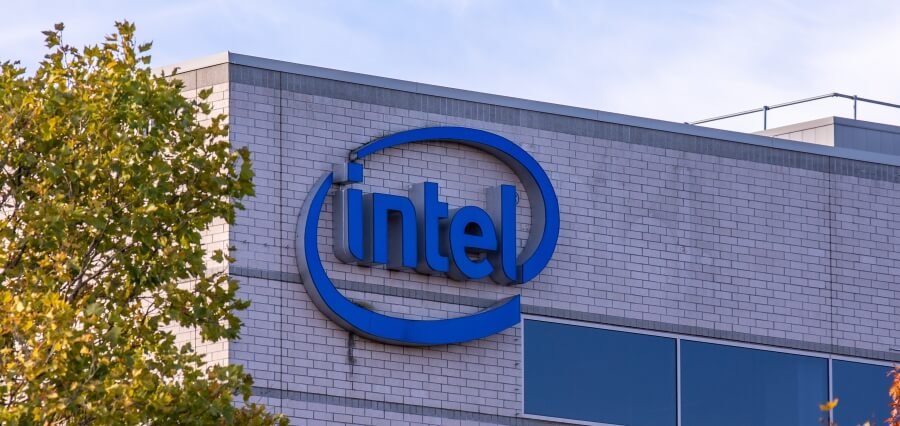Prime Highlights
- Intel Chief Executive Lip-Bu Tan has invested in more than 600 Chinese technology companies, including some with connections to the Chinese military.
- The investments are raising core questions about corporate governance and national security.
Key Facts
- Investments were done through Walden International and two Hong Kong companies.
- A minimum of eight companies have ties to China’s People’s Liberation Army (PLA).
Key Background
Lip-Bu Tan, Intel’s recently appointed CEO since early 2025, has a long history of investing in China’s tech industry going back many years. Through his venture capital company Walden International and two Hong Kong investment vehicles—Sakarya Limited and Seine Limited—Tan has stakes in more than 600 Chinese companies. Some of those companies have had reported ties to China’s military, a problem that becomes more relevant in the context of Intel’s extensive involvement in U.S. national security initiatives.
Walden International was also one of the first to invest in Semiconductor Manufacturing International Corp (SMIC), China’s dominant semiconductor foundry. Tan even sat on the board of SMIC until 2018. SMIC was sanctioned by the U.S. government in 2020 because it was connected to the Chinese military, and Tan divested in 2021. Walden still co-invests with state-supported companies like China Electronics Corporation, which is another sanctioned company.
Tan is also associated with over 500 Chinese companies through Sakarya Limited. Seine Limited, one of his investment vehicles, has interests in Dapu Technologies and HAI Robotics, which have been reported to have some military link. Other companies declined comment, while HAI Robotics disavowed any form of military link and asserted that it adheres to international guidelines and export controls.
Intel says Tan disclosed any conflict of interest that may have arisen, according to company procedures. However, Intel was not able to confirm whether he disposed of all his shares linked with Chinese firms having defense-related affiliations. The announcement comes at a sensitive moment, with Intel having multi-billion-dollar defense deals and Pentagon-backed chip-manufacturing proposals. Tan’s dual position as Intel’s head and investor in Chinese military-connected firms is questioned, particularly by security analysts and legislators who place a premium on safeguarding American technological supremacy.
Read More – Click Here

